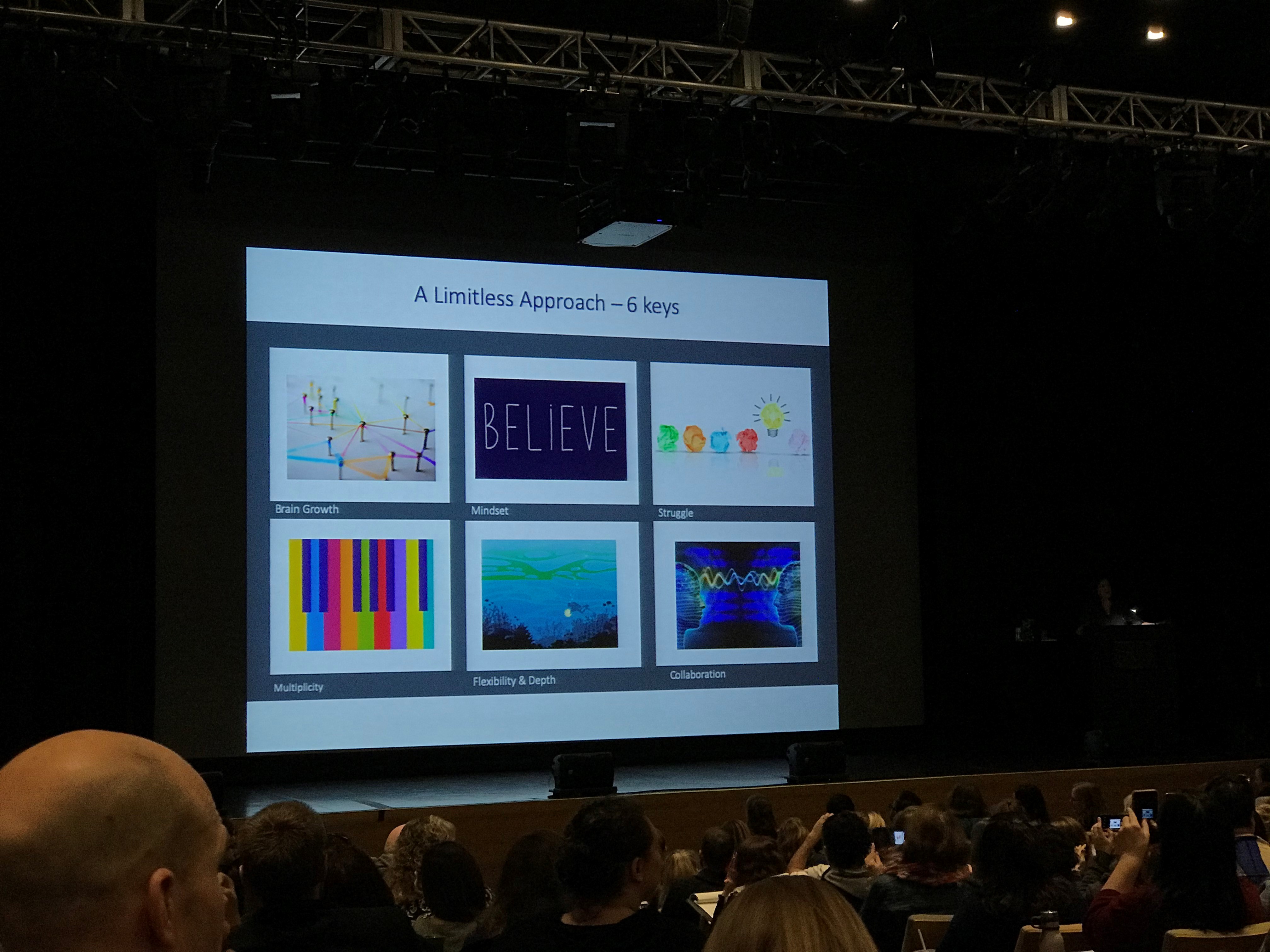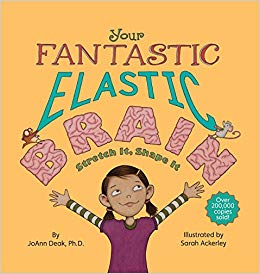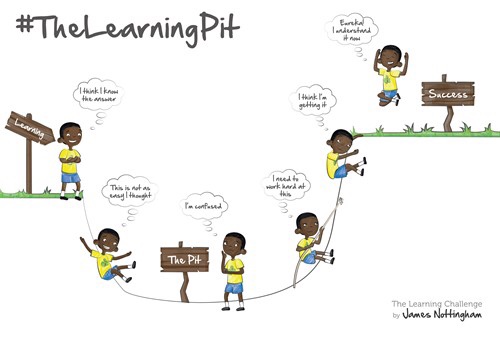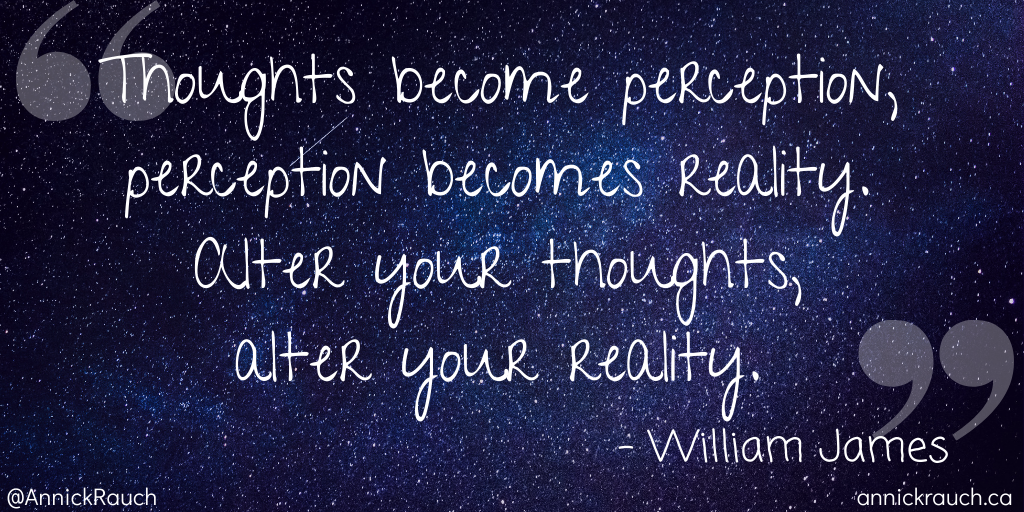Math and the Limitless Mind
A couple of years ago, while participating in the third season of #IMMOOC (Innovator’s Mindset Massive Open Online Course), hosts George Couros and Katie Martin had Jo Boaler on episode 1, which was the first time I had gotten to hear her speak. It was truly refreshing to hear how mindset is such a huge part of math, and how important it is for us as teachers to provide deep learning opportunities where our students can manipulate numbers in meaningful ways, think critically, discover and create while showing creativity and understanding in a way that makes sense to them, instead of memorization and regurgitation. So, when I heard earlier this school year that Jo was coming to speak in Winnipeg for our provincial-wide PD day, I was so excited to get the opportunity to hear her speak again, only this time, in person… and she didn’t disappoint!
I loved the 6 keys that she shared in order to have a limitless approach to learning, which are also outlined in her newest book, Limitless Mind. It was fun to make my own personal connection to these six ideas and relating them to my teaching and learning. Here are 3 of them.

Brain Growth
Learning Key #1: Every time we learn, our brains form, strengthen, or connect neural pathways. We need to replace the idea that learning ability is fixed, with the recognition that we are all on a growth journey.
 My favourite picture book to teach students about the importance of their brain and how it works is Your Fantastic Elastic Brain by JoAnn Deak. I love that through this book, students can better understand that when learning something new, new pathways and connections are created, and their brain is literally changing. Struggle and failure is part of that process. A few years ago, my best friend and colleague Nycol Didcote and I were discussing how challenging it was for our students to develop a growth mindset. We then had an aha moment and decided to help strengthen this concept in our students (and others around the world) by creating Growth Mindset Read Aloud #MindsetMondayLRSD. We’ve now had two rounds and are excited for round 3 which will be in January 2020! Please join us, and while you wait, feel free to check out past rounds by clicking here!
My favourite picture book to teach students about the importance of their brain and how it works is Your Fantastic Elastic Brain by JoAnn Deak. I love that through this book, students can better understand that when learning something new, new pathways and connections are created, and their brain is literally changing. Struggle and failure is part of that process. A few years ago, my best friend and colleague Nycol Didcote and I were discussing how challenging it was for our students to develop a growth mindset. We then had an aha moment and decided to help strengthen this concept in our students (and others around the world) by creating Growth Mindset Read Aloud #MindsetMondayLRSD. We’ve now had two rounds and are excited for round 3 which will be in January 2020! Please join us, and while you wait, feel free to check out past rounds by clicking here!
Struggle
Learning Key #2: The times when we are struggling and making mistakes are the best times for brain growth.
I loved Jo’s response to when students tell her “this is hard”.
“Great! That feeling is your brain growing!”
This key also reminded me of James Nottingham and The Learning Pit, which Jo also referenced in her presentation and in her book. Last school year, James came to speak to our district and it’s true that too often, we want to “rescue” students, but that we shouldn’t because the struggle is an important part of the process! Choose the interesting (and harder) path… not the boring and easy one!

Mindset
Learning Key #3: When we change our beliefs, our bodies and our brains physically change as well.
As Jo was speaking to this key, all I could think about was how this had literally hit so close to home not a week prior, which I wrote about last week in Check Your Mindset. Change how you think, and you will begin to see things differently! If you think you’re “bad” at math, or “not a math person”, that’s exactly what you’ll be. Our own thoughts are powerful, but we also need to be mindful of what thoughts we are putting into students’ heads, too. Our intentions may be good, but the impact is what counts. For example, are you praising speed without realizing it?

I am looking forward to finishing Jo’s new book and continuing to form new connections. Math is a beautiful (and fun) language… and I can’t wait to learn more and to do better for and with my students!

Leave a Reply